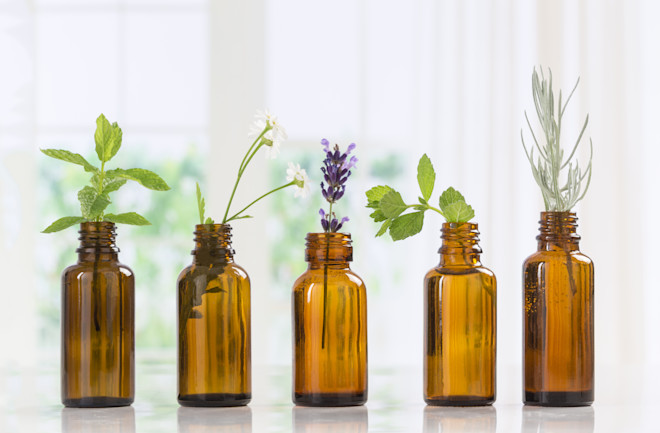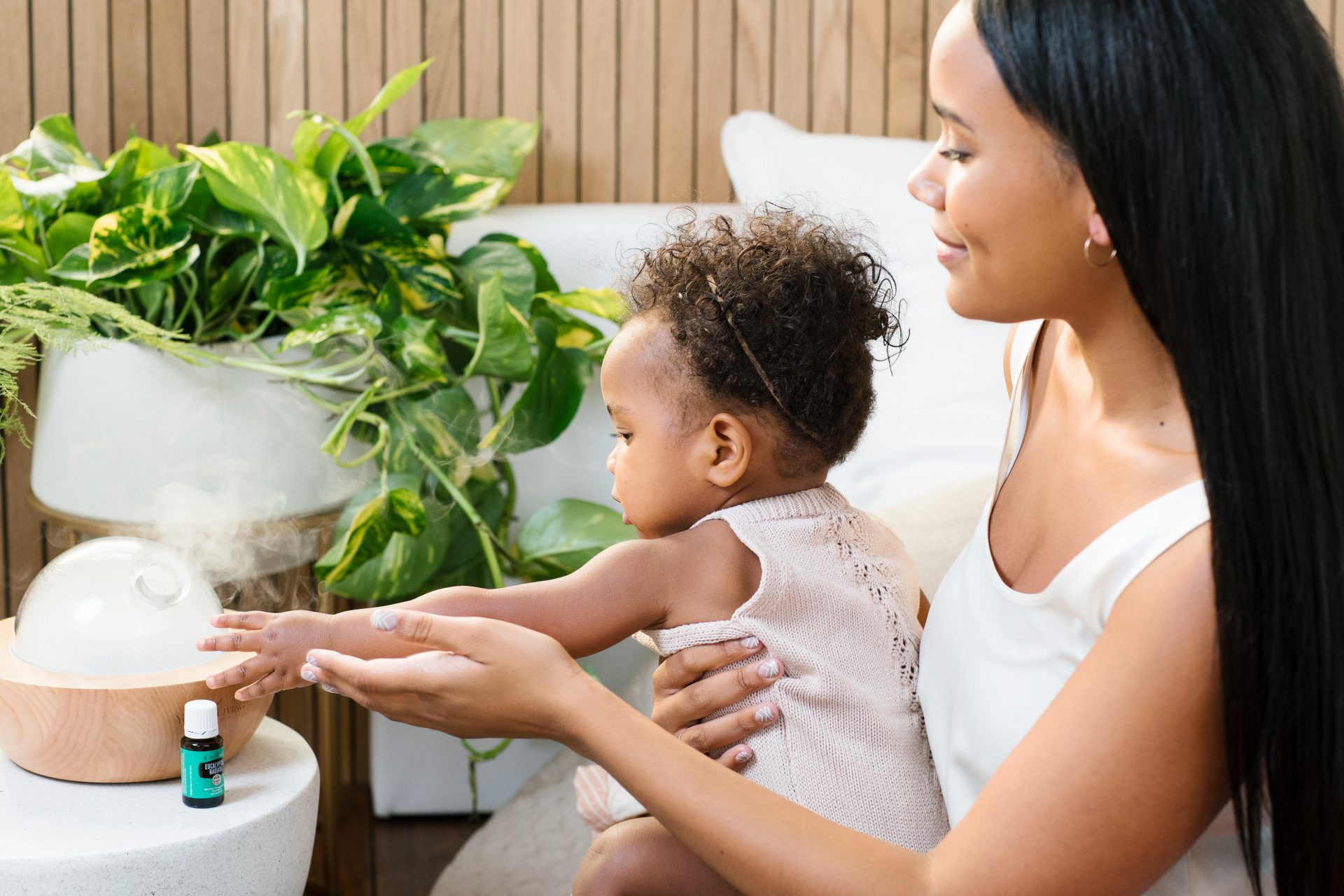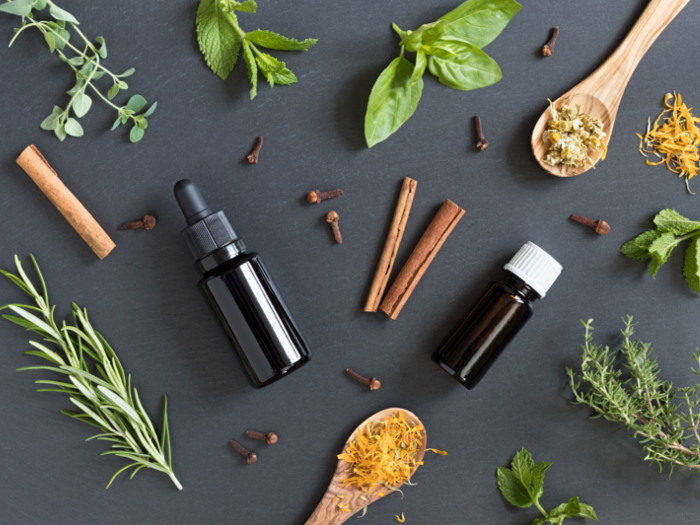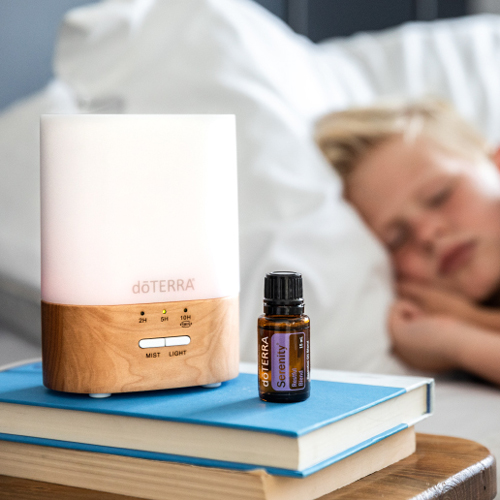Over the years, essential oils have grown in popularity and are commonly available in markets and pharmacies. Many parents use essential oils on their children for various reasons, including improving sleep, reducing pain and tension, soothing an upset stomach, and more. Although essential oils can be useful to children, it is critical to understand how to utilize them correctly.

What are Essential Oils?
Essential oils are available in a wide range of scents. They are typically planting oils that have been extracted and bottled in high quantities with no dilution. While not all of the claimed medical advantages of essential oils have been verified, studies have shown that several common oils do have medicinal characteristics. People utilize essential oils to aid with a variety of issues, including:
- Improving sleep
- Alleviating physical pain
- Reducing stress
- Easing an upset stomach

Safety Concerns for child
A child’s skin can be damaged by oils since they degrade the lipid barrier thus, they should be handled with caution.
From newborns to adults, each essential oil has a unique guideline for using it. Some oils, when diluted properly, can be safely applied to the skin, although this is not always the case. When it comes to protecting your child, you should always go the extra mile. The following essential oils should never be administered to a child::
- Idaho tansy
- Hyssop
- Sage
- Clary sage
- Wintergreen
- Eucalyptus
Oil is frequently spread in the air rather than applied to the skin. Because a newborn’s sinuses, lungs, and body are still developing, you should never use an essential oil diffuser in the presence of your child. Some companies create essential oil mixtures specifically developed with child safety in mind. Instead of utilizing the full-strength versions, seek for these blends to dilute.
The Pediatric Guide to Essential Oils

Patch test and dilute.
A child’s skin is highly sensitive, so before applying essential oils on your child, make sure you dilute the oil first. In order to safely apply essential oils to your children’s skin, always dilute them with a carrier oil like coconut oil or almond oil. Because of their more delicate skin, applying oils “neat” can cause irritation and rashes.

Don’t heat the essential oil.
Diffuse oils are used for aromatic purposes. When diffusing oils, make sure you use a specifically designed diffuser for essential oils. It is not recommended to heat the oil at all because doing so will denature it. Also, avoid using oils in humidifiers or nebulizers because they are not built of plastic of a high enough quality to withstand the effects of the oils on them.
Don’t apply near eyes, ears, and nose.
Essential oils should never be applied to the skin or directly into the ears, eyes, or nose. In a similar vein, when applying essential oils topically to children, make sure that they are not able to touch the oils and then accidentally rub their eyes. If this happens to you, you can use fractionated coconut oil to soothe the burn.

Store oils in a cool, dry place.
The composition of oils may change if they are stored at a high temperature for a long time. As a result, please make sure that they are kept out of direct sunlight and properly placed somewhere where your children will not be able to get them. Keep doors open in bedrooms and other smaller areas when diffusing oils for yourself or your children to ensure that air can circulate freely. If you are diffusing oils in a wide-open room, you should do so.
Consult an expert.
If you have any questions about how to use an oil or if an oil is safe to use in your family, you should consult with your physician. If your doctor is unsure about the oil, they can assist you in finding a credible source that can provide you with additional information
Conclusion
Essential oils have been used to benefit people’s health for thousands of years and have been shown to have numerous health benefits. What you can do is contribute to the cause! Take the time to read product labels, particularly when purchasing essential oils for your children. If the list of ingredients isn’t on the label, you should request it. Because they have been adequately diluted and prepared, safe certified commodities are the best value for money available today. Remove any products from the store that are not appropriate for children. Maintain the highest level of concern for your child’s safety at all times.







